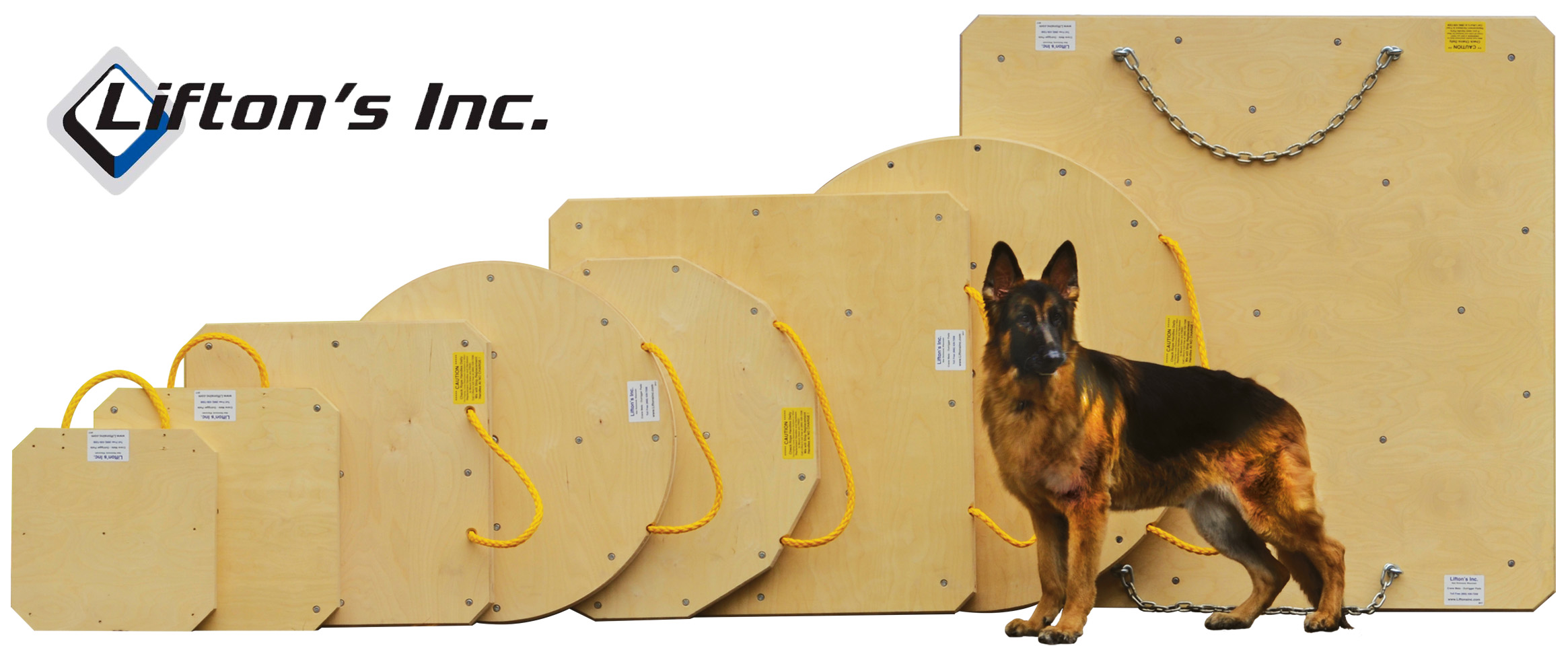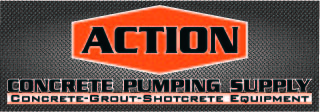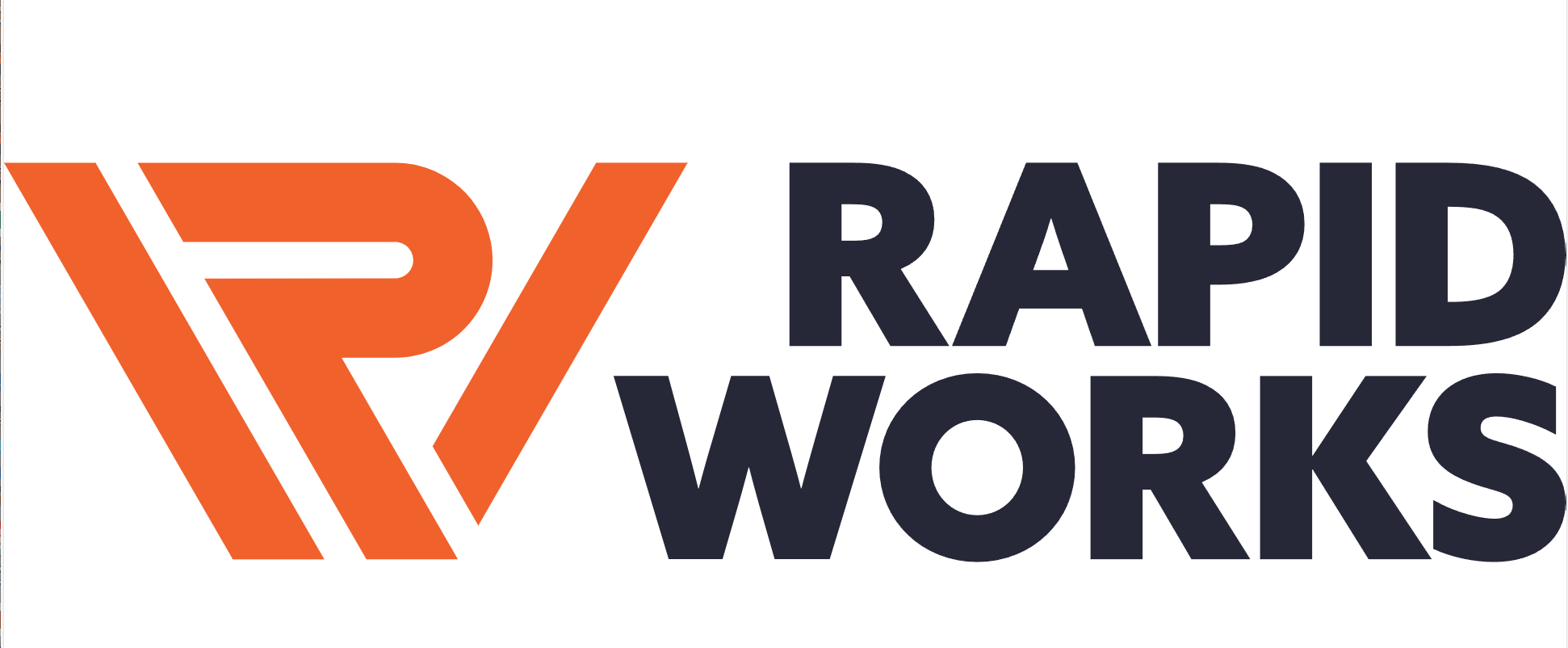| Seed | 02-21-2007 | comment profile send pm notify |
|
Bob you mentioned this in another topic. What is the best procedure for both? This is useful information. Thanks in advance for any replies. |
||
| Bob | 02-22-2007 | reply profile send pm notify |
|
There are books and books on this. Putzmeister & Schwing (I list them in alphabetical order) both have operators’ manuals. Every manufacturer has one but lese two are the ‘big’ guys. They did not write these books just for something to do. They wrote them in hopes that people, their customers, would read them and comply with the instructions within. They did this with the knowledge that a properly maintained and properly operated pump will last longer, make more money for its’ owner and make the mfg’ look better. If you keep your hyd’ oil clean; by not introducing dirt into the system when you add oil and by a religious changing of the system’s filters, you have a giant step ahead of your less than sanitary competition. You, by just these two simple tasks have extended the life of your hyd’ pumps, cyls’ and all of the many valves it takes to comprise today’s modern pump, be it a line pump or a boom. The simple act of draining the condensation from the bottom of your hyd’ tanks every morning before you put it into pump gear will also add to the life and dependability of your machine. Checking your various systems and their relief settings will do the same. It doesn’t matter what kind of pump you own; if it is out of service it is a piece of junk. Greasing all lube points on your machine is another thing that you can do. Things like agitator seals and bearings and concrete valve shaft seals and bearings need the most attention. Automatic greasers are nice but they do not release the operator from the responsibility of visual checks. Is the greaser working? Is it greasing all lube points sufficiently? Is it displacing all of the grout that has worked its way into the seals and bearing areas? If the answer to any of these questions is I DO NOT KNOW or NO then you had better have a good plan “B”. Manual actuation of the auto greaser, grease zirks and a hand held grease gun………….. anything. Just make sure that when you put your pump to bed it has grease, not grout sitting behind the seals and around the shafts. Piston heads need an eye kept on them as well. Keep the water box as full as it will stand (without splashing out). When you have the time and are in an area that is acceptable to the contractor, change the water. Keep it as clean as you can; your differential shafts and shaft seals and packing will thank you by living longer. Don’t try and get that “extra” month or two out of your piston cups, change them. You might get away with running them past their ‘time’ but why would you? They are carrying grit and trying to destroy your material cylinders with every stroke. Piston heads are cheap relative to the cost / time / effort and down time of changing your concrete cyls’. Also insure that your waterbox is clean, rinsed out and empty every night before you put your pump to bed. Greasing and maintaining your boom, outriggers and all structural components that hold up your boom is a major issue. We all have opinions. Here is mine. Boom greasers do not do anyone a favor. A boom greaser is no ones friend. When you (HAND) grease your boom once a month, every month, no exceptions!!! You have, by the time you are finished, inspected every single cylinder, joint, swing arm, link, zirk on the boom. YOU KNOW WHERE YOU STAND. There are no surprises. There are no wounded or broken ANYTHING that you don’t know about. The only thing an automatic greaser does is hide the fact (for a while) that you have a lazy-ass operator on that machine. ((( those companies that have mechanics do the greasing))) change the words lazy-ass operator to lazy-ass mechanic. Wear parts are the other big issue you brought up. If you can see and think………… and you think you see your wear parts need help, please help them. If your cutting ring is not sealing then adjust it or change it. The cost of a cutting ring is not a big deal relative to the cost of the matching wear plate. If you are buying aftermarket parts and can afford to change both; be my guest. If you are fighting a job, or can not finish a job because your grout is squirting out the bottom or sides of your cutting ring and the only thing going into your valve is rocks…… you are a person with a problem. If the finisher/contractor has to call another pump to finish that, or subsequent pours then please add the cost of your damaged reputation to the cost of the parts you should have changed. Make sure there is a line item in your budget for not only “repair-parts” but “repair-reputation & lost work” as well. If you can nor afford to grease it – if you can not afford to change it – if you can not afford to keep it clean. SELL IT AND DO SOMETHING ELSE!!! Please. Lowering the price you charge never lowers the cost. |
||
| Seed | 02-22-2007 | reply profile send pm notify |
|
Bob & Speedy, those were great responses. Thanks ! They could probably be placed in the useful articles. I worked for a company for years that never changed anything! Filters, HYD OIL, Just beat the equipment and sent it down the line. Must be nice to have DEEP pockets!! Grease is cheap parts!! Thanks! |
||











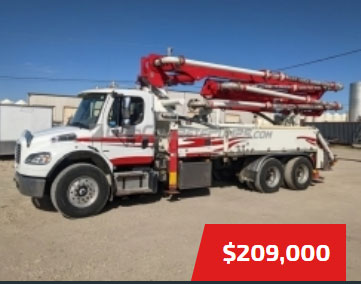

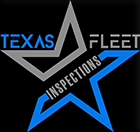
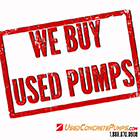

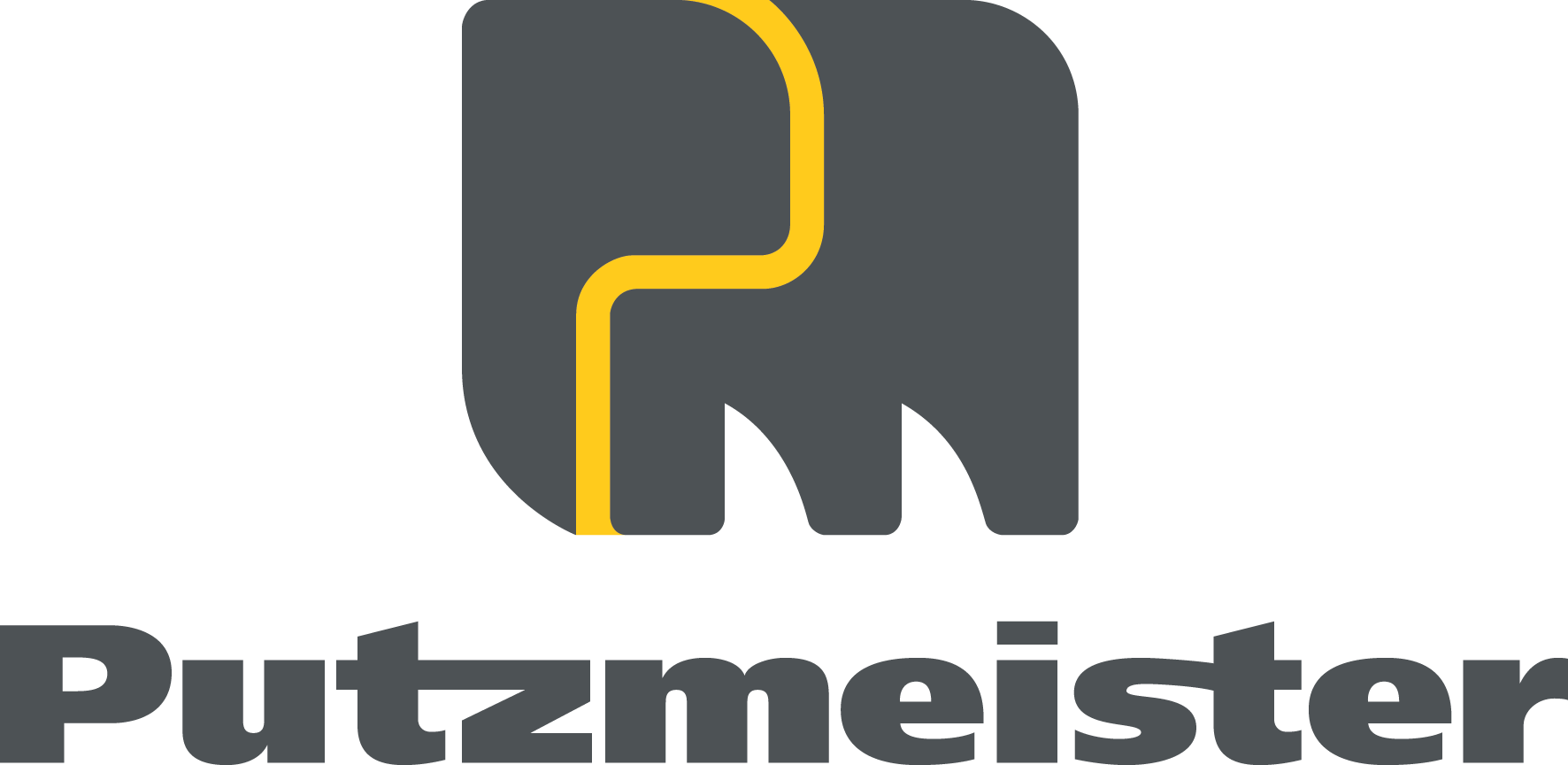



.jpg)
.gif)

.jpg)









.jpg)
